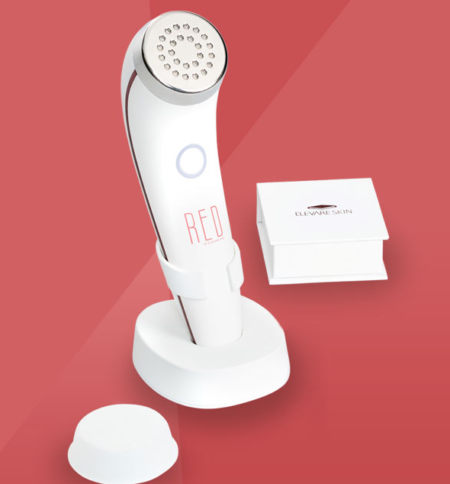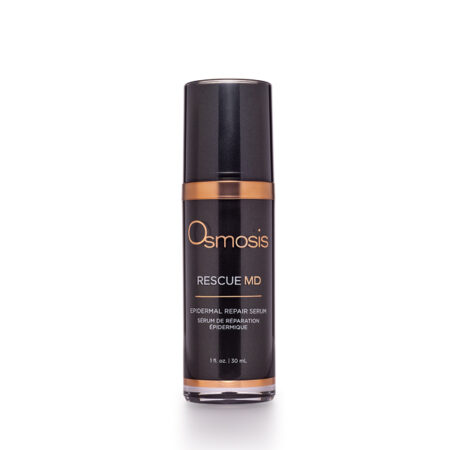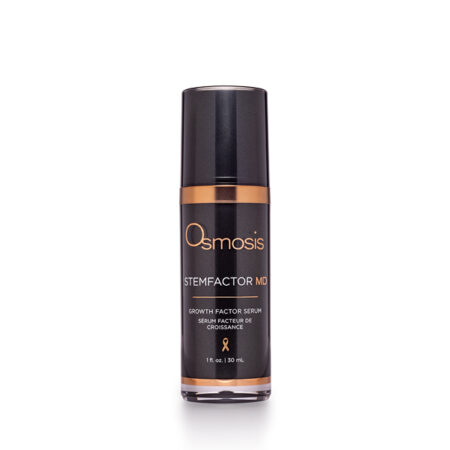Description
PROCELL SKIN REJUVENATION
Procell Therapy is the most effective and non-invasive skin rejuvenating procedure!
It helps improve the appearance of fine lines, hyperpigmentation, acne scarring, and other skin issues and keeps skin looking and feeling younger.
ProCell Microchanneling Therapy is a type of skin treatment that uses a specialized device to create microscopic channels in the skin, which stimulates the body’s natural healing response and promotes the growth of new collagen and elastin. The treatment is designed to improve the appearance of fine lines, wrinkles, acne scars, hyperpigmentation, and other skin imperfections.
During a ProCell Microchanneling Therapy session, a trained esthetician or medical professional will use a handheld device to make tiny punctures in the skin. The device also delivers specialized serums or growth factors to help promote healing and rejuvenation.
ProCell Therapy is considered a minimally invasive procedure, as it does not involve any incisions or major trauma to the skin. The treatment is generally well-tolerated, and most people are able to return to their normal activities immediately after the session.
ProCell Microchanneling Therapy is one of several types of micro-needling treatments that have become increasingly popular in recent years as a way to improve the appearance of the skin.
However, it’s important to note that like any medical or cosmetic procedure, there are potential risks and side effects associated with ProCell therapy, and it’s essential to consult with a qualified medical professional before undergoing treatment.
CINDY ARCHER, C.A.A.M., is a Board Certified PMU Artist & Educator licensed and qualified to provide ProCell Skin Rejuvenation Therapy, based in Missoula, Montana.
ESTIMATED TIME: 1.5 HOURS
ProCell Microchanneling Therapy can be a good option for many people looking to improve the appearance of their skin.
However, as with any cosmetic or medical treatment, it’s important to consult with a qualified medical professional to determine whether ProCell therapy is right for you.
Generally speaking, good candidates for ProCell therapy include individuals who:
- Have concerns about fine lines, wrinkles, acne scars, hyperpigmentation, or other skin imperfections.
- Are generally in good health and do not have any medical conditions that could interfere with healing.
- Have realistic expectations about what the treatment can achieve.
- Are willing to commit to multiple treatment sessions over a period of several months for optimal results.
- Are not pregnant or breastfeeding.
It’s important to note that ProCell therapy may not be suitable for everyone, and there are some people who should avoid the treatment altogether. For example, individuals with active skin infections, skin cancer, or a history of keloid scarring may not be good candidates for ProCell therapy.
Additionally, anyone taking medications that increase the risk of bleeding or interfere with the healing process should avoid the treatment. It’s always best to consult with a qualified medical professional to determine whether ProCell therapy is right for you.
While ProCell Microchanneling Therapy can be a safe and effective treatment for many people, there are some individuals who may not be good candidates for the procedure. These can include:
- People with active skin infections: If you have an active skin infection, such as a cold sore, eczema, or psoriasis, it’s best to wait until the infection has cleared before undergoing ProCell therapy.
- People with a history of keloid scarring: ProCell therapy involves creating small punctures in the skin, which can potentially cause scarring. If you have a history of keloid scarring or have a tendency to develop hypertrophic scars, you may not be a good candidate for ProCell therapy.
- Pregnant or breastfeeding women: The safety of ProCell therapy for pregnant or breastfeeding women has not been established, so it’s best to avoid the treatment until after pregnancy or breastfeeding.
- People with bleeding disorders or on blood-thinning medications: ProCell therapy can cause minor bleeding, so individuals with bleeding disorders or those taking blood-thinning medications may not be good candidates for the procedure.
- People with a history of skin cancer: If you have a history of skin cancer, you should consult with your dermatologist or healthcare provider to determine whether ProCell therapy is safe for you.
- People with active acne or rosacea: If you have active acne or rosacea, ProCell therapy may not be recommended, as the treatment can potentially exacerbate these conditions.
It’s always important to consult with a qualified medical professional to determine whether ProCell therapy is right for you, and to discuss any concerns or medical conditions you may have.
ProCell therapy and microblading are two different cosmetic treatments that are used to improve the appearance of the skin in different ways.
ProCell therapy is a type of microneedling treatment that uses a specialized device to create microscopic channels in the skin, which stimulates the body’s natural healing response and promotes the growth of new collagen and elastin. The treatment is designed to improve the appearance of fine lines, wrinkles, acne scars, hyperpigmentation, and other skin imperfections.
On the other hand, microblading is a semi-permanent makeup technique that involves the use of a manual handheld tool to create fine hair-like strokes on the skin. The goal of microblading is to create fuller-looking eyebrows, and the procedure involves depositing pigment into the skin to mimic the appearance of natural brow hairs.
While both ProCell therapy and microblading involve creating small incisions in the skin, they serve very different purposes and are used to address different cosmetic concerns. ProCell therapy is used to improve the overall quality and appearance of the skin, while microblading is specifically used to create fuller-looking eyebrows.
It’s important to consult with a qualified medical professional or aesthetician to determine which treatment is best suited to your individual needs and cosmetic goals.




